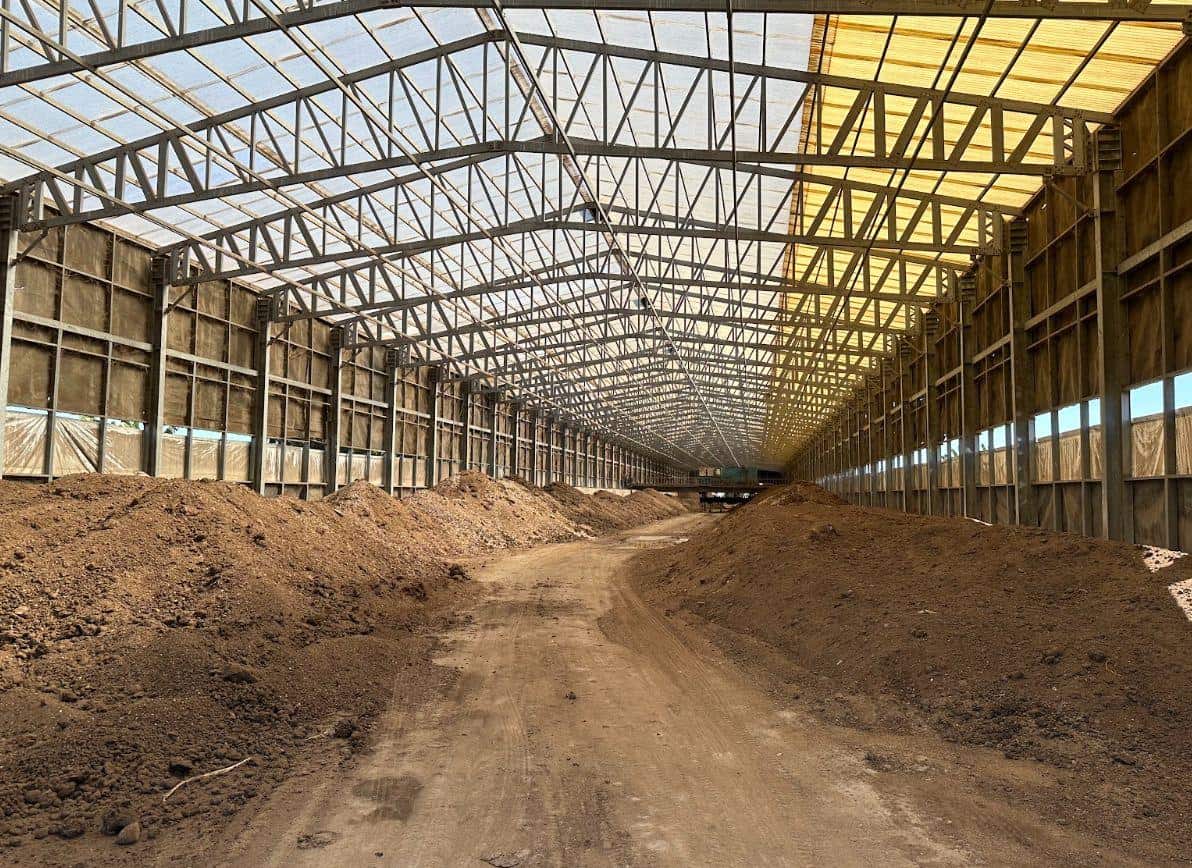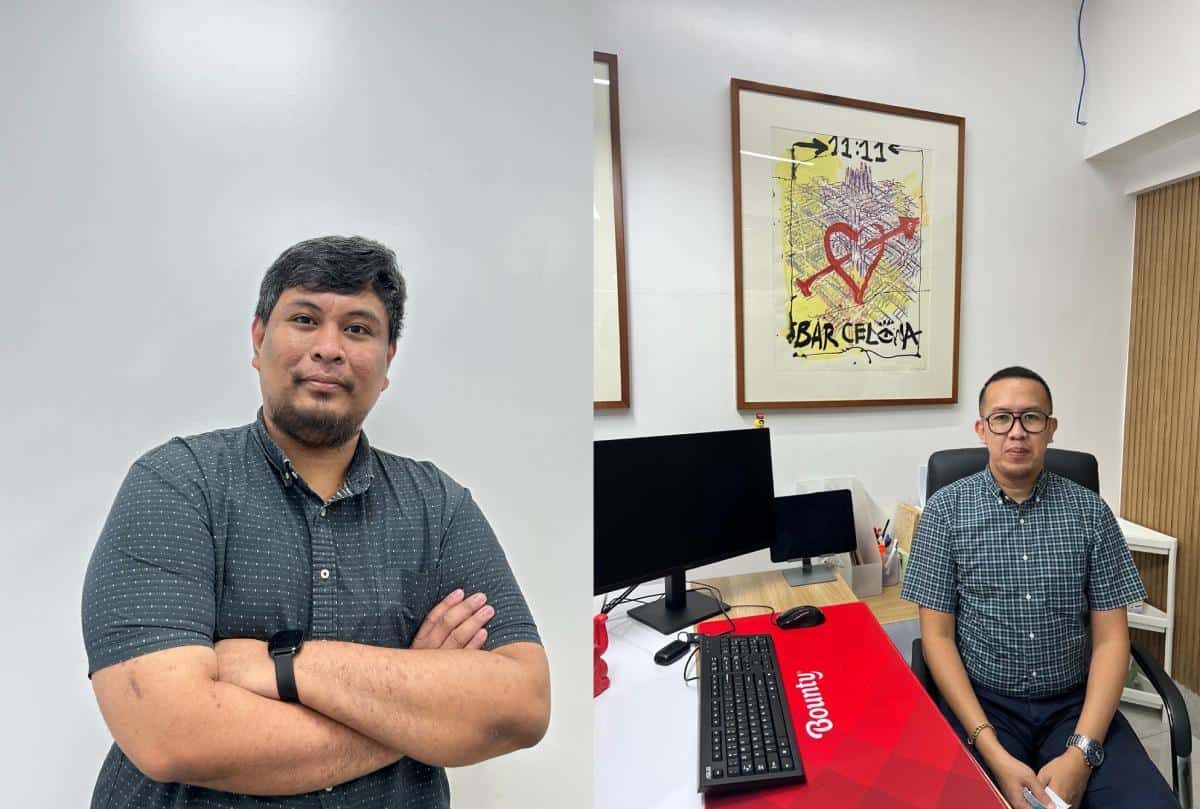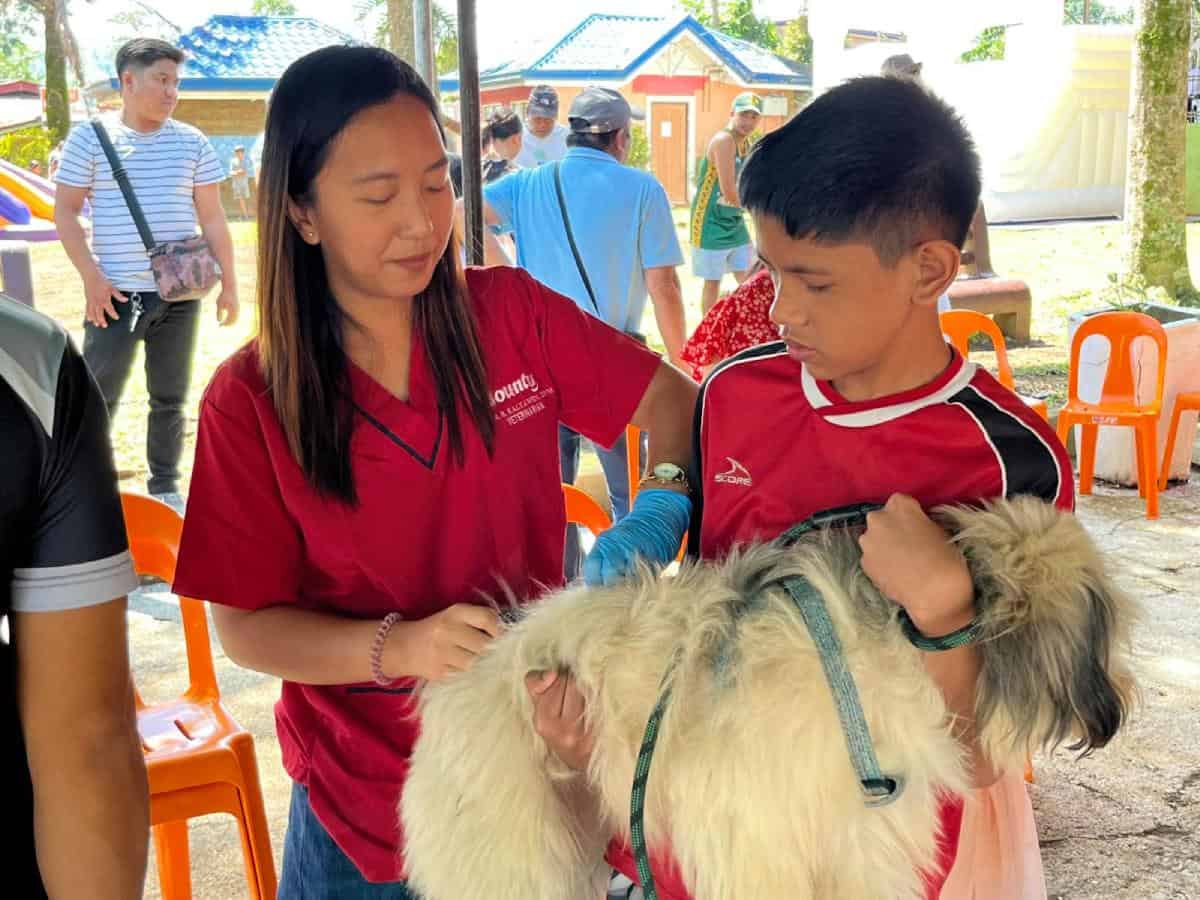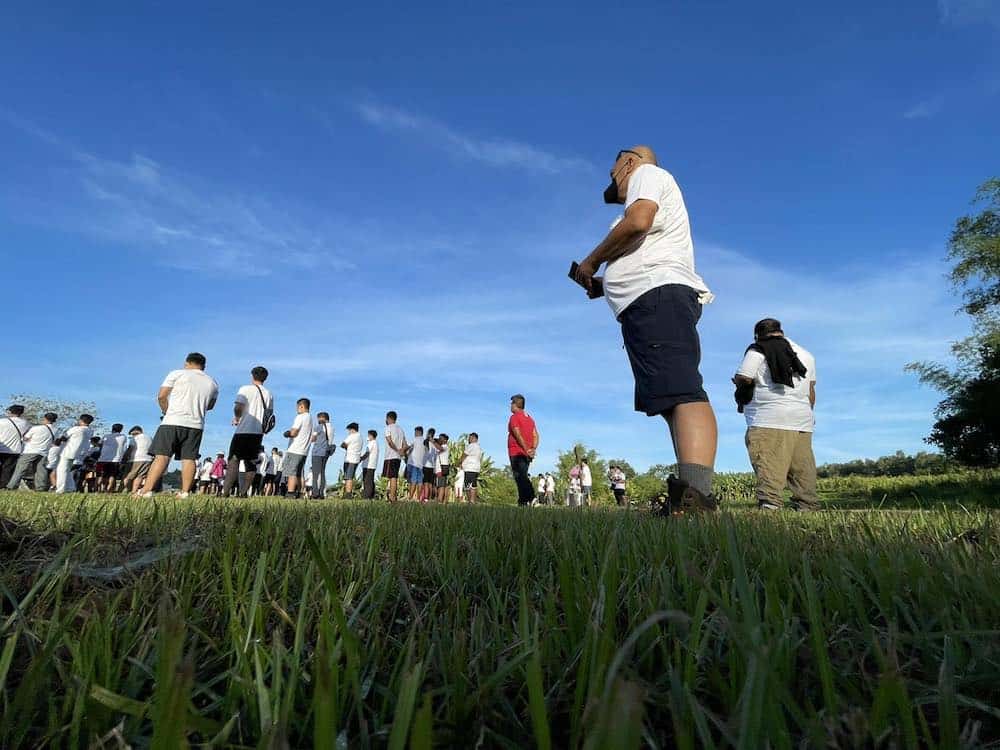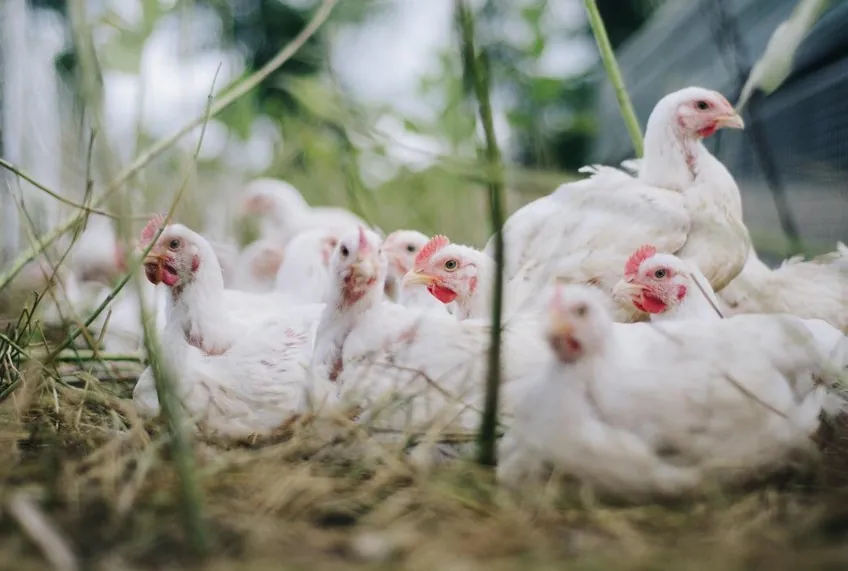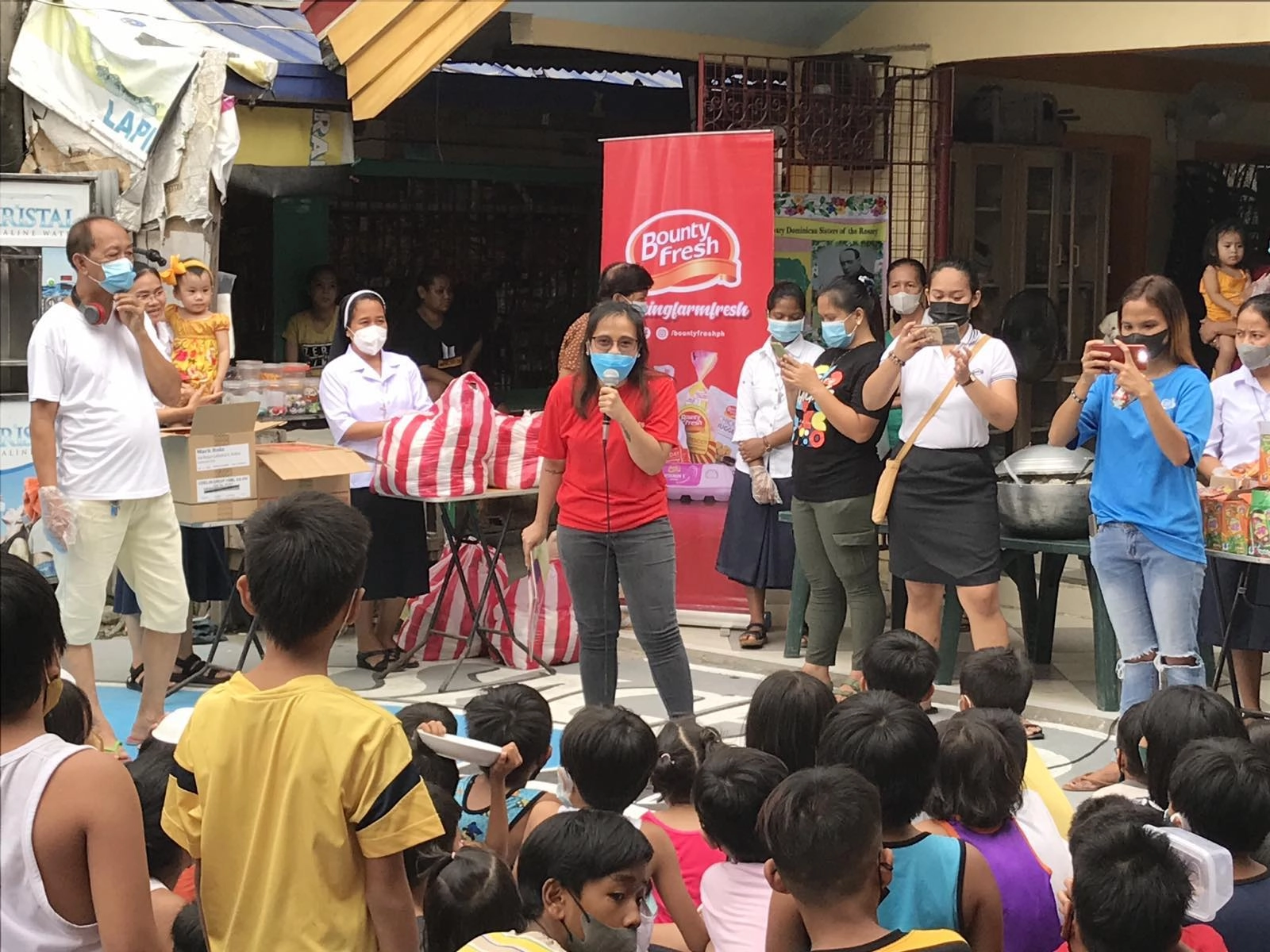Sustainability starts with what we do with waste—because how we manage it today shapes the health of our environment tomorrow. At Bounty, we know how important it is to handle waste the right way—not just for cleaner farms, but for healthier communities and a greener future. It’s about turning what’s often overlooked into a chance to protect the environment and support sustainable living for everyone.
Why Livestock Waste Management is Important
Livestock waste, a natural byproduct of livestock farming, can pose significant environmental challenges if not managed responsibly. Improper handling can contaminate water as excess nutrients and pathogens leach into water bodies, jeopardizing aquatic life and drinking water sources. Additionally, the emission of noxious gases like ammonia and methane from poorly managed livestock waste contributes to greenhouse gas emissions and respiratory problems, polluting our air.
Soil degradation is another consequence, as an imbalance in nutrient composition hinders plant growth and promotes erosion. However, livestock waste management can be transformed from a potential environmental hazard into a valuable resource. This is where Bounty’s commitment to sustainable practices shines.
Our Approach to Livestock Waste Management
At Bounty, we’ve integrated a comprehensive approach to livestock waste management that prioritizes environmental protection and community well-being. Our strategy is built on the following key pillars:
1. Waste Collection and Segregation
Efficient waste management begins with proper collection and segregation. We do a systematic approach to collecting livestock waste from our farms, ensuring minimal environmental impact.
This means following a regular cleaning schedule and frequently removing waste from livestock housing to prevent accumulation and minimize odor. We utilize strategically placed containers and designated areas for waste storage, preventing runoff and contamination. Also, we prioritize source separation, diligently separating different types of waste, such as manure and bedding, to facilitate targeted treatment and recycling.
2. Composting
Composting is a cornerstone of our waste management strategy. By harnessing the power of natural decomposition, we transform livestock waste into nutrient-rich compost, a valuable soil amendment. Our composting process involves aerated composting techniques, providing adequate oxygen to promote efficient decomposition and minimize odor.
Careful moisture control is also essential to maintain optimal moisture levels to facilitate microbial activity and prevent nutrient loss. Throughout the process, we engage in rigorous temperature monitoring to ensure effective pathogen destruction. The resulting compost is a precious resource used to enrich our farmlands, reduce the need for synthetic fertilizers, and promote soil health.
The resulting compost is a precious resource used to enrich our farmlands, reduce the need for synthetic fertilizers, and promote soil health.
Benefits of our composting program:
- Reduces landfill waste:Diverting organic waste from landfills minimizes environmental impact.
- Enhances soil fertility:Providing essential nutrients for healthy plant growth and increased crop yields.
- Improves soil structure:Enhances water retention, drainage, and aeration for optimal plant growth.
3. Wastewater Treatment
Wastewater generated from livestock farming operations can contain high levels of pollutants. We employ a rigorous wastewater treatment process to protect our precious water resources. This involves:
- Solids separation:Removing solid waste and debris from wastewater through screening and sedimentation.
- Biological treatment:Utilizing microorganisms to break down organic pollutants and remove excess nutrients.
- Disinfection:Employing UV or ozone treatment to eliminate harmful pathogens before water is discharged or reused.
Our wastewater treatment system ensures that the water we release into the environment meets stringent quality standards, safeguarding aquatic ecosystems and public health.
Extending Sustainability Beyond Our Farms
At Bounty, we believe sustainability extends beyond the farm. Through Bounty Cares, we actively support and share our knowledge with the people and communities around us..
This involves making our high-quality compost available to local farmers and gardeners, promoting soil health, and reducing reliance on synthetic fertilizers.
By fostering these community partnerships, we aim to create a ripple effect of sustainability, empowering others to adopt eco-friendly practices and contribute to a greener future.
Bounty's Commitment to a Sustainable Future Through Livestock Waste Management

At Bounty, our commitment to sustainable livestock waste management is not just an environmental imperative; it’s an integral part of our vision. Responsible agriculture is essential for building a thriving community and preserving our planet for future generations.
Our holistic approach to livestock waste management minimizes our environmental impact, creates valuable resources, promotes energy independence, and fosters community engagement. We are continuously exploring new technologies and refining our practices to enhance our sustainability efforts further.
Learn more about our efforts here at our website: https://bounty.com.ph/beyond-bounty/

